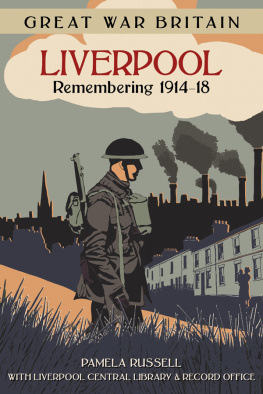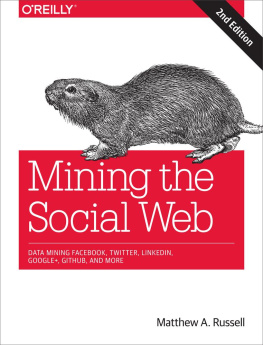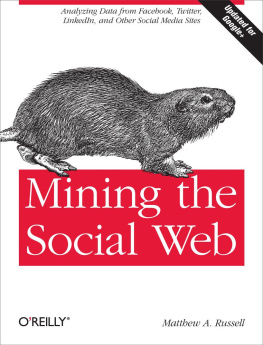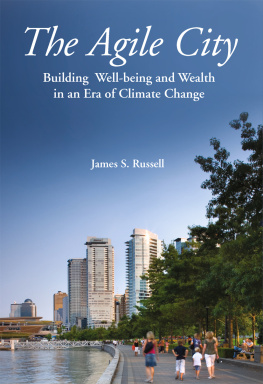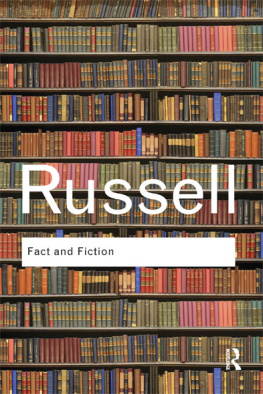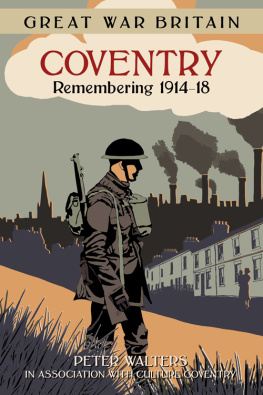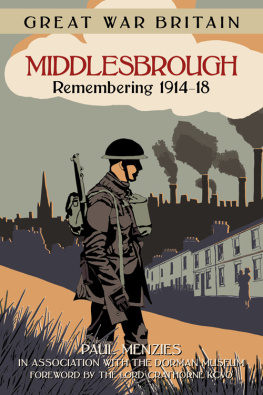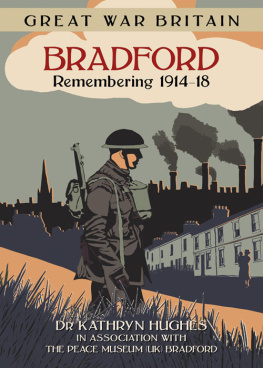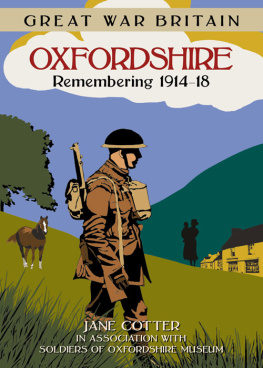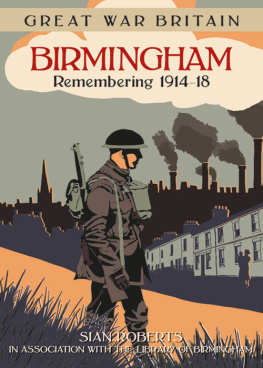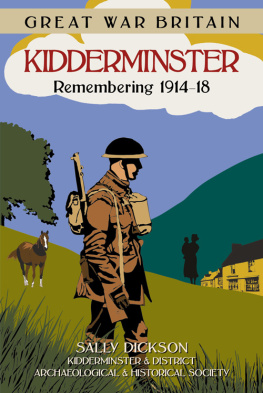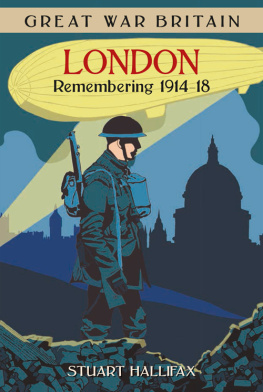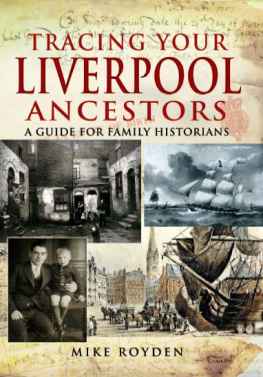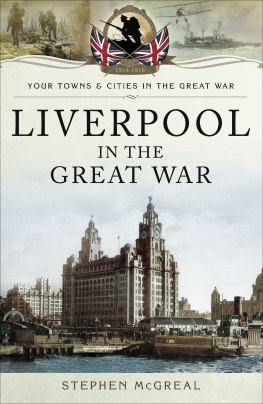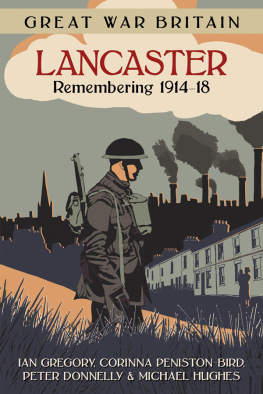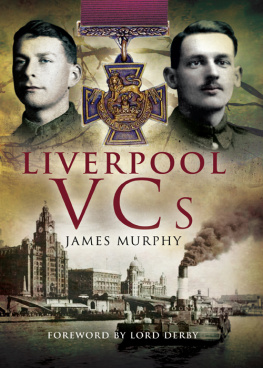Contents
Guide


For my husband, David, my son, Christopher, and my daughter-in-law, Sarah
Also for Janet and Graeme Arnot and Harold and Vicky Russell
First published in 2018
The History Press
The Mill, Brimscombe Port
Stroud, Gloucestershire, GL5 2QG
www.thehistorypress.co.uk
Pamela Russell, 2018
The right of Pamela Russell to be identified as the Author of this work has been asserted in accordance with the Copyright, Designs and Patents Act 1988.
All rights reserved. No part of this book may be reprinted or reproduced or utilised in any form or by any electronic, mechanical or other means, now known or hereafter invented, including photocopying and recording, or in any information storage or retrieval system, without the permission in writing from the Publishers.
British Library Cataloguing in Publication Data.
A catalogue record for this book is available from the British Library.
ISBN 978 0 7509 8818 6
Typesetting and origination by The History Press
Printed in Great Britain
eBook converted by Geethik Technologies
CONTENTS
TIMELINE
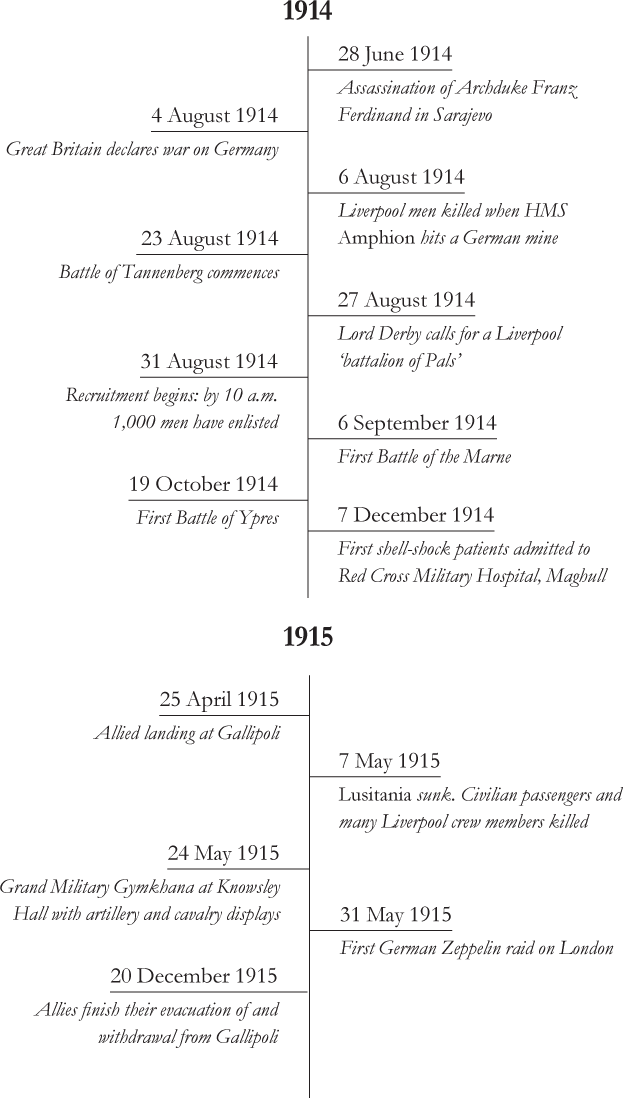
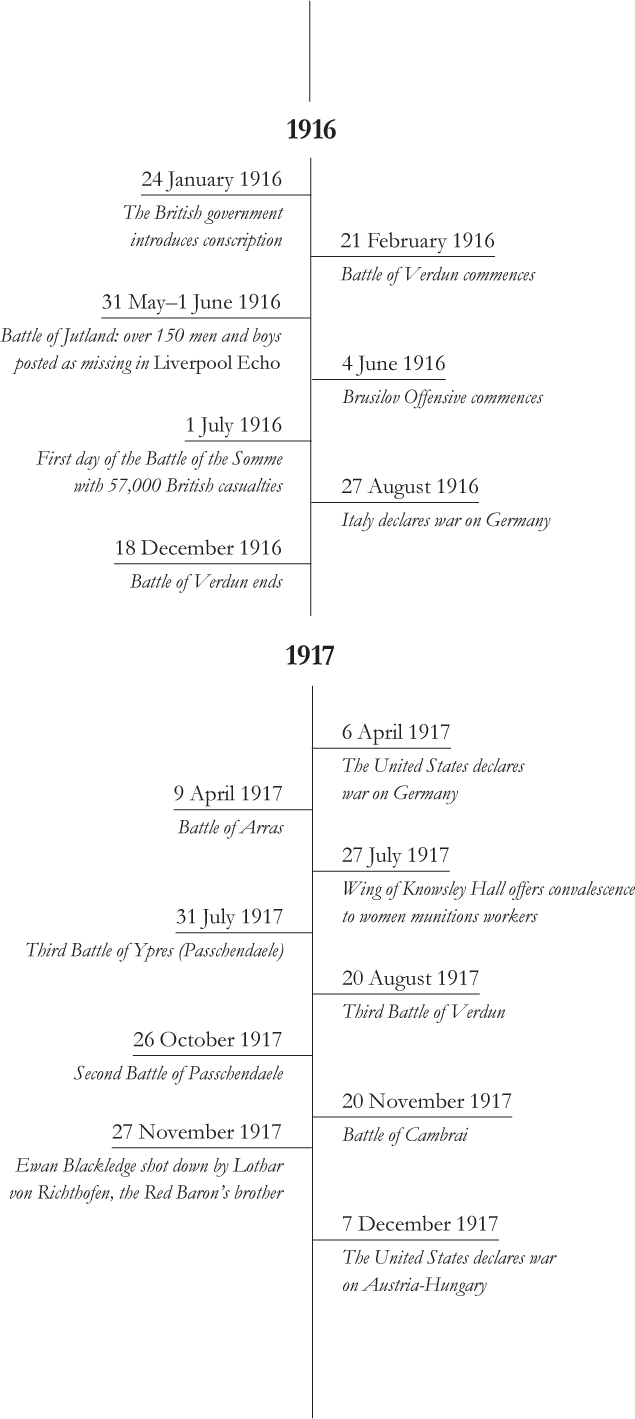
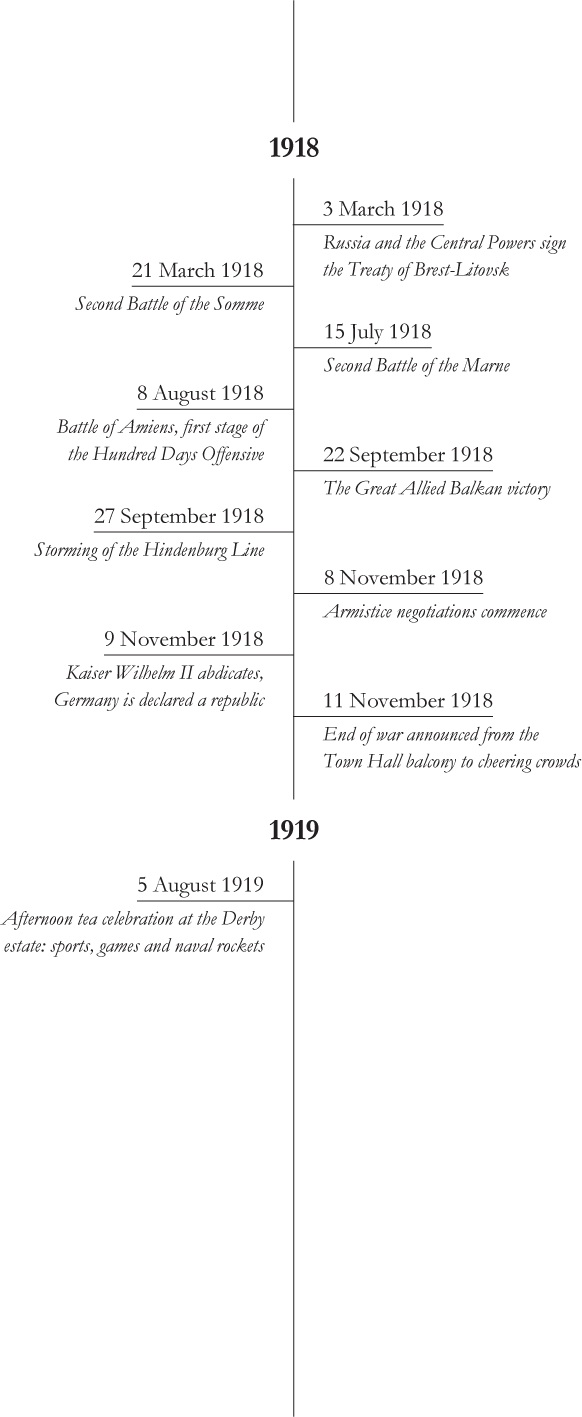
ACKNOWLEDGEMENTS
The book honours and recognises all those people of Liverpool and the surrounding region who lived and served their country through the Great War.
Thank you to Nicola Guy, my editor at The History Press, with whom it continues to be a pleasure to work, and to David Stoker and Roger Hull of Liverpool Central Libraries for their co-operation, access to the citys splendid archive and permission to use extensive illustrative material.
Thanks to my husband, David Russell, whose technical and photographic expertise has made possible the illustrations in this book.
Other acknowledgements include: Bill Borland, Linda Brown, Les Hewitt, Bruce Hubbard, Andrew Latimer, Gillian Morgan, John K. Rowlands and Christopher Russell.
INTRODUCTION
It is an honour to be asked to write this book, the purpose of which is to tell the story of the people of Liverpool and the surrounding region, including the area from Southport and Ormskirk in the north to the Wirral peninsula on the other side of the River Mersey, in the Great War.
The book will primarily focus on life at home against the background of one of the worlds most dreadful conflicts. It is intended to be interesting and accessible to anyone who wants to know more about Liverpool and more about the people of Liverpool in the Great War.
It is intended to highlight the contribution of all those people of Liverpool and the surrounding region who lived and served their country through the Great War, as well as those who did not return to their homes and to their families. I have tried to include actual examples of real people from every group in Liverpool society, with their stories illustrating the events that affected them and many others.
There were men who survived but whose lives were changed forever by this catastrophic war. As well as those who were injured, upon whom change was forced, there were others who experienced events that changed the course of their lives by choice. There were families who lost their breadwinner, who could be father, son, brother or husband. The rest of their lives and those of their children were affected by their hardships and lost opportunities caused by poverty. And the lives of women were changed by the war in ways that could not have been predicted. Even now, it is only just being recognised how far the beginnings of altered attitudes and different opportunities for women can be found in their response to the nations needs a hundred years ago. People saw what women could achieve and women surprised themselves at times by their capabilities.
Children were affected by the war. Sometimes obviously, because their fathers, uncles, older brothers and cousins were grievously injured or killed; sometimes just because their fathers were absent for four long years during the formative period of their childhood and came home, greatly changed, to children who, in many cases, scarcely knew them. As well, children lived for years with their own fears and the drawn-out anxiety of the women in their families.
My aim is to bring to life these people, not so very different from us, their lives and attitudes and their responses to circumstances no one could have imagined in a world which, although only a century ago, was very different from that in which we live today.
1
OUTBREAK OF WAR
In 1914, Liverpool was the confident and prosperous second city of the Empire and, as such, vital to the war effort. How did this city rise to prominence and how did her people respond to the challenge of the most devastating of wars?
The Bank Holiday weekend on which war was declared was reported by the Liverpool Echo with headlines boldly proclaiming Holiday Rush, Crowds Apparently Heedless of Crisis and Landing Stage Scenes and an article that continued with the following description:
Animated scenes were witnessed on the Liverpool Landing-stage, which has been thronged throughout the day with huge crowds of visitors, undeterred by the crisis, on their annual holiday. So great is the rush to Manx-land for the great August festival, and it is estimated that when the last steamers leave the Mersey tonight something like 20,000 people will have departed from Liverpool en route for various Isle of Man holiday resorts.
Excellent arrangements were made by the Isle of Man Steam Packet Co. for disposing of the vast crowd. No fewer than twelve sailings were arranged to be taken by some of the most popular steamers in the companys fleet. There will also be three sailings about midnight tonight.
The steamers belonging to the Liverpool and North Wales Steam Packet Co. were also filled with passengers for Llandudno, Beaumaris, and the Menai Straits, while the traffic on the New Brighton ferry boats was considerably in excess of the normal.
Clearly, this is an area with plenty of people who are not easily shaken by external threat, determined to continue to enjoy the summer, and able to afford to enjoy their leisure. How will they respond to dutys call?
The contribution of the people of this region to the national effort in the Great War was enormous and tremendously varied because, as well as the huge numbers of men who joined the army, Liverpool is a maritime city and had many of its menfolk already at sea, in the Royal Navy or the Merchant Navy, when the war began. The surrounding area also had some of the best agricultural land in the country, so as well as feeding itself and feeding its towns and cities, this region of farms and market gardens, sometimes known as the salad bowl of England, began to send food further afield.

